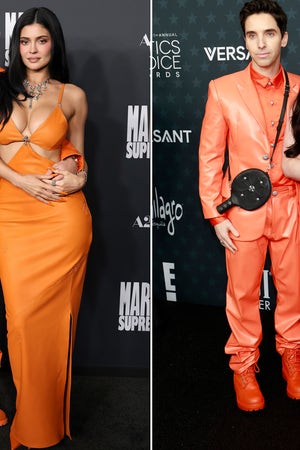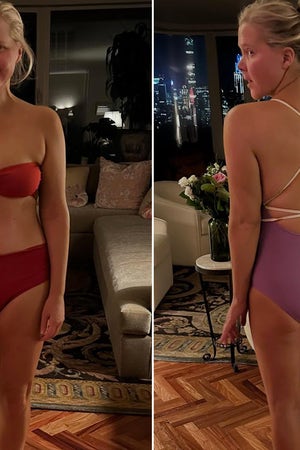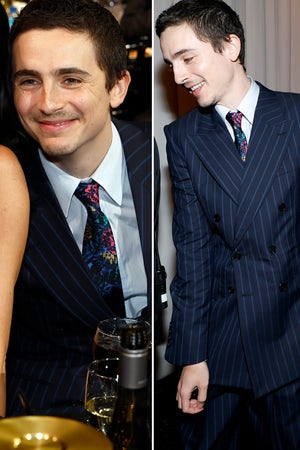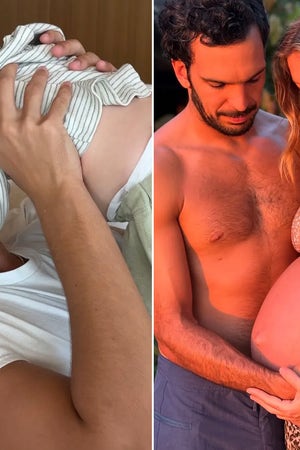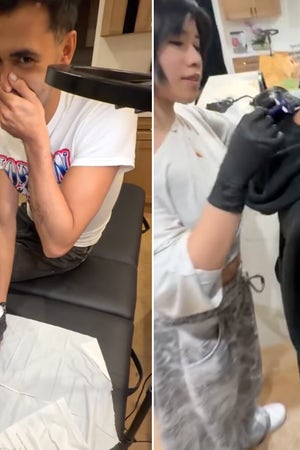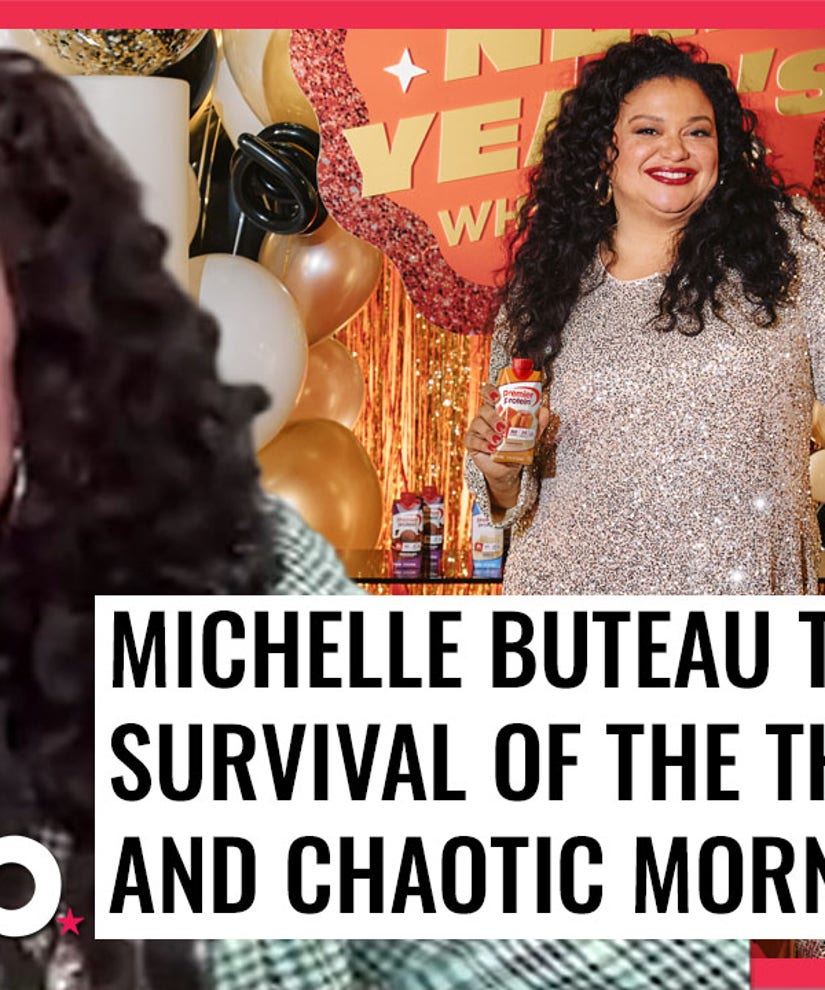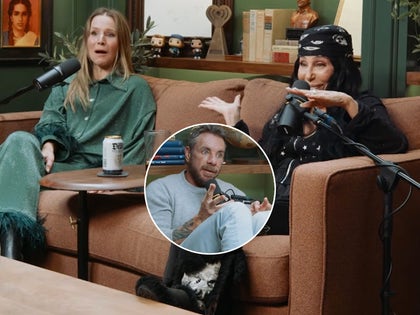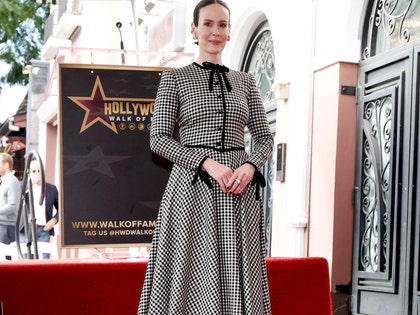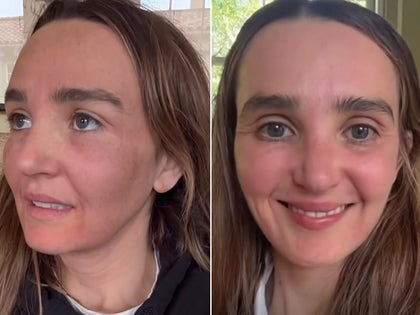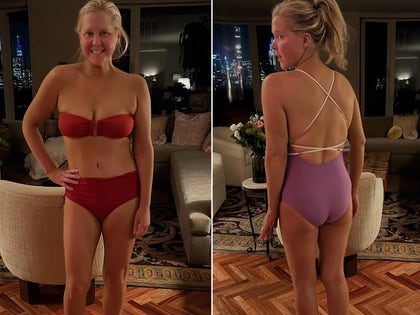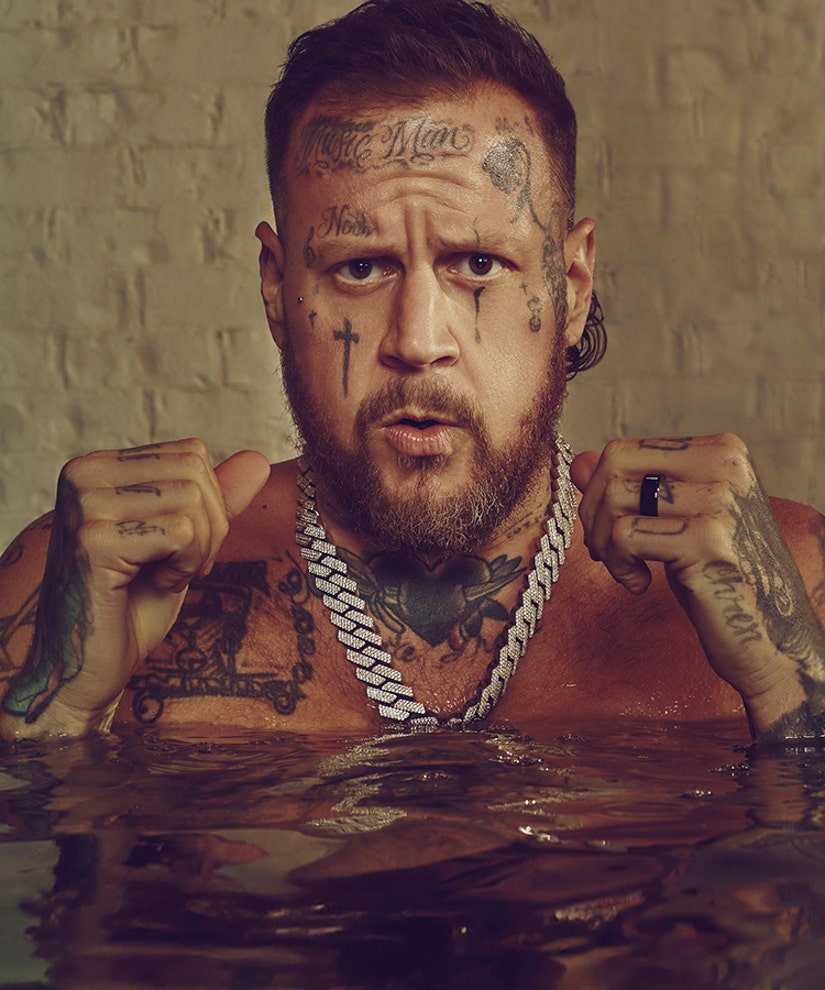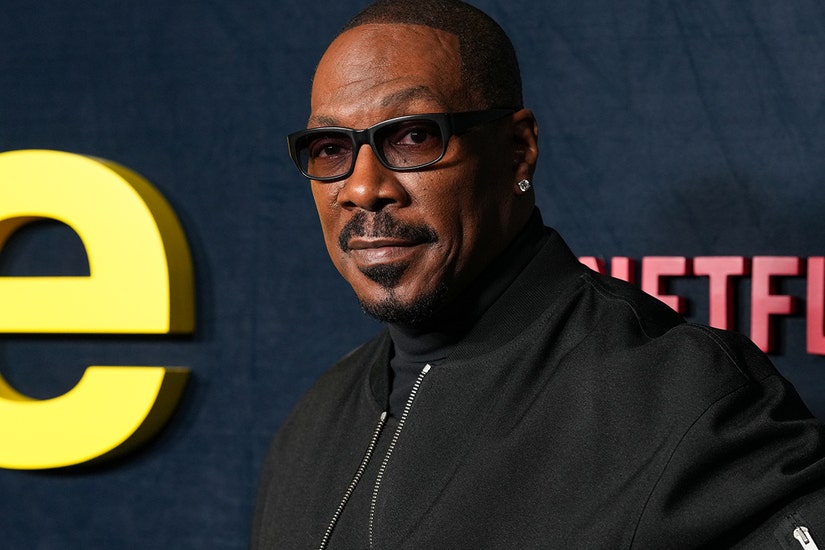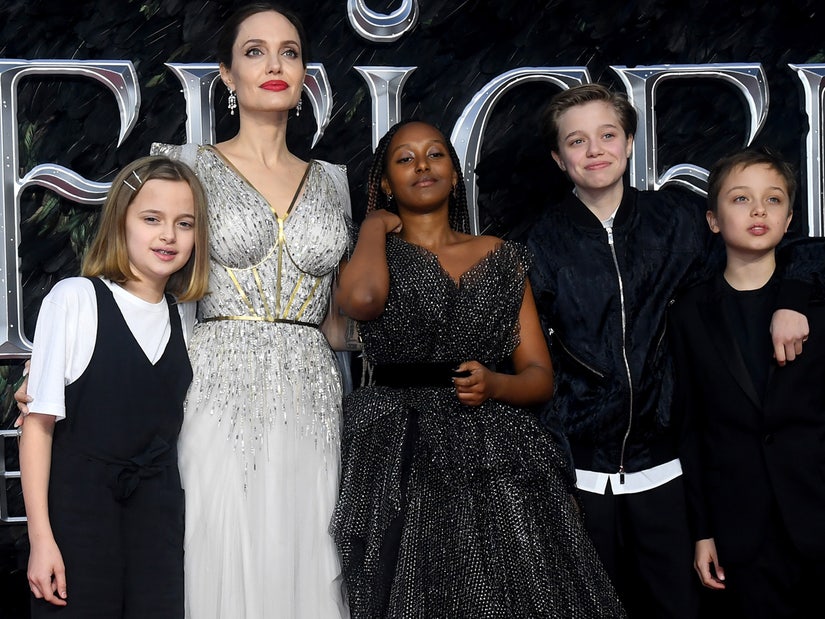 Getty
Getty
The actress speaks with medical student Malone Mukwende about closing the racial gap in medical care.
Angelina Jolie is shining the light on the difference in medical treatment between white patients and those with Black and brown skin, opening up about how the gap has affected her own family in the process.
The actress and humanitarian interviewed medical student Malone Mukwende about his Mind the Gap initiative, which aims to bring awareness to the fact most schools use white patients as the default for how conditions can affect the body.
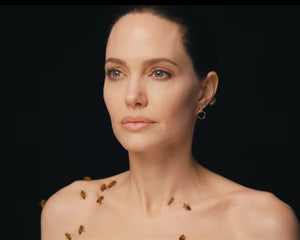 YouTube
YouTube
Why Angelina Jolie Just Covered Herself in Bees
View Story"I would ask 'What does this look like on other skin tones?' just for my own learning. Often people told me that they didn't know," he explained to Jolie in a new piece for Time, saying he started his program to try and bridge that gap.
"I have children from different backgrounds, and I know when there was a rash that everybody got, it looked drastically different depending on their skin color," Jolie told Mukwende during the interview. "But whenever I looked at medical charts, the reference point was always white skin."
"Recently my daughter Zahara, whom I adopted from Ethiopia, had surgery, and afterward a nurse told me to call them if her skin 'turned pink," Jolie also noted.
Jolie and ex Brad Pitt share Maddox, 19, Pax, 17, Zahara, 16, Shiloh, 15, and twins Vivienne and Knox, 12.
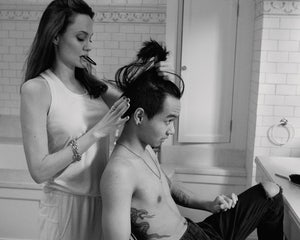
Angelina Jolie Gives Rare Look Into Home Life with Kids, Says She's Focused on 'Healing' Family
View Story"That's the kind of thing I started to notice very early on. Almost the entirety of medicine is taught in that way," Mukwende told Jolie.
"There's a language and a culture that exists in the medical profession, because it's been done for so many years and because we are still doing it so many years later it doesn’t seem like it's a problem," he continued. "However, like you've just illustrated, that's a very problematic statement for some groups of the population because it's just not going to happen in that way and if you're unaware you probably won’t call the doctor."
Mukwende also explained that, because of the disparities in how conditions affect different skin tones and the lack of understanding around that, patients have been misdiagnosed and, in some cases, even died. He also stressed the importance of looking at where evidence for medical studies is coming from, as "a lot of the studies only included people from Europe and America."
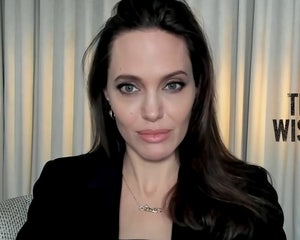 YouTube
YouTube
Angelina Jolie Says She Needed Latest Role After Feeling 'A Little Beaten Up In My Own Life'
View StoryJolie previously opened up about Zahara's surgery in another essay for Time last year in celebration of International Women's Day.
"I have spent the last two months in and out of surgeries with my eldest daughter, and days ago watched her younger sister go under the knife for a hip surgery," she explained, adding that she did not share this information without discussing it with them first.
"They know that I am writing this, because I respect their privacy ... and they encouraged me to write," she continued. "They understand that going through medical challenges and fighting to survive and heal is something to be proud of."
In addition to seeing her daughters "care for one another," Jolie said her youngest "studied the nurses with her sister, and then assisted the next time." The actress added that her girls "put each other first" and "felt the joy of being of service to those they love."
Celebrating their "resolute bravery," Jolie also thought about how women are "expected to take care of others," an attribute which can be exploited and abused. Her hope in writing her message was for others to recognize and value the contributions of girls and "care for them" as they grow.
"And my message to girls is, fight on, little ladies," Jolie wrote in conclusion. "Your care for each other will be a large part of your way forward. Hold your nerve. Know your rights. And never let anyone tell you that you are not precious and special and, above all, equal."



